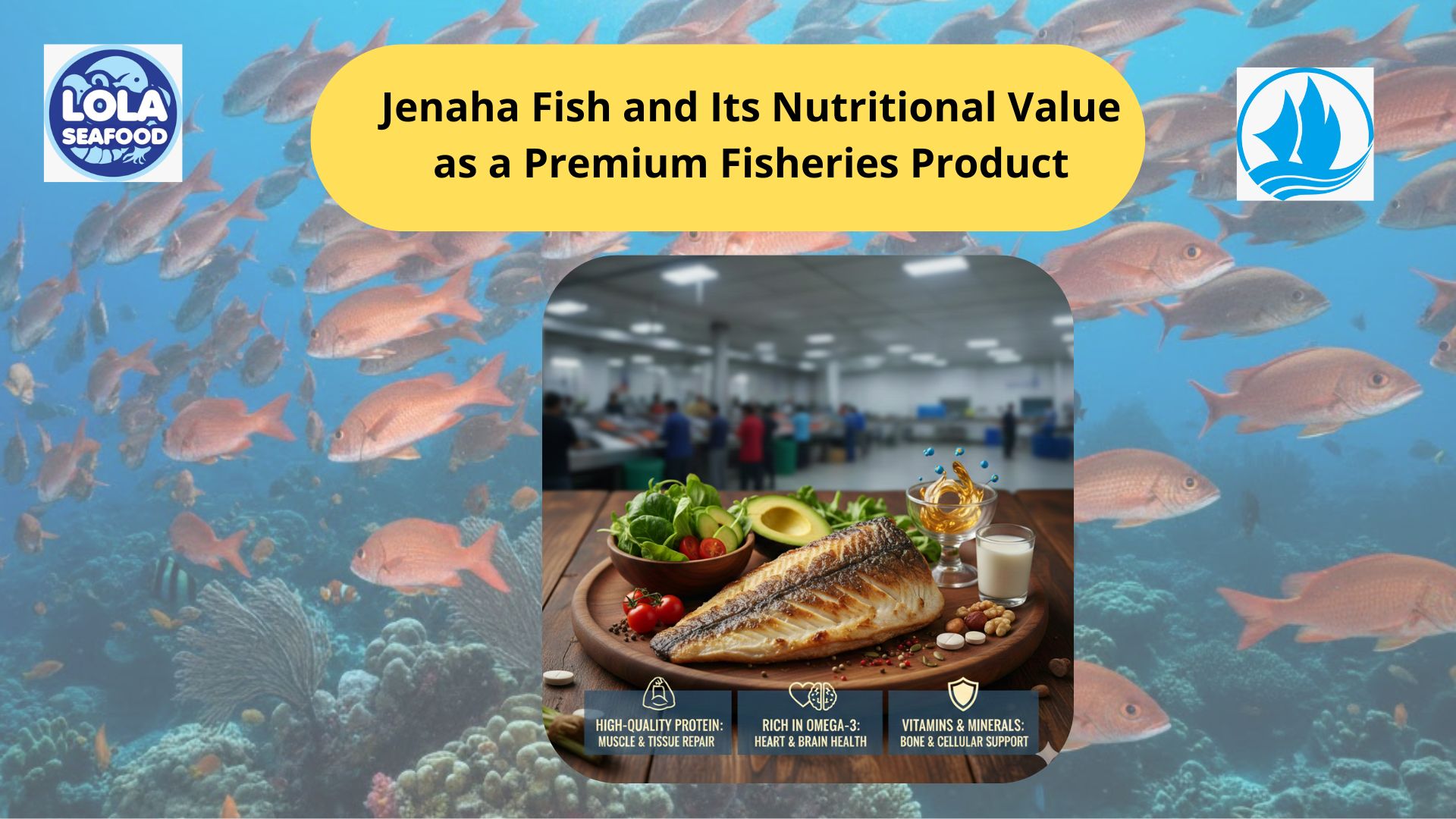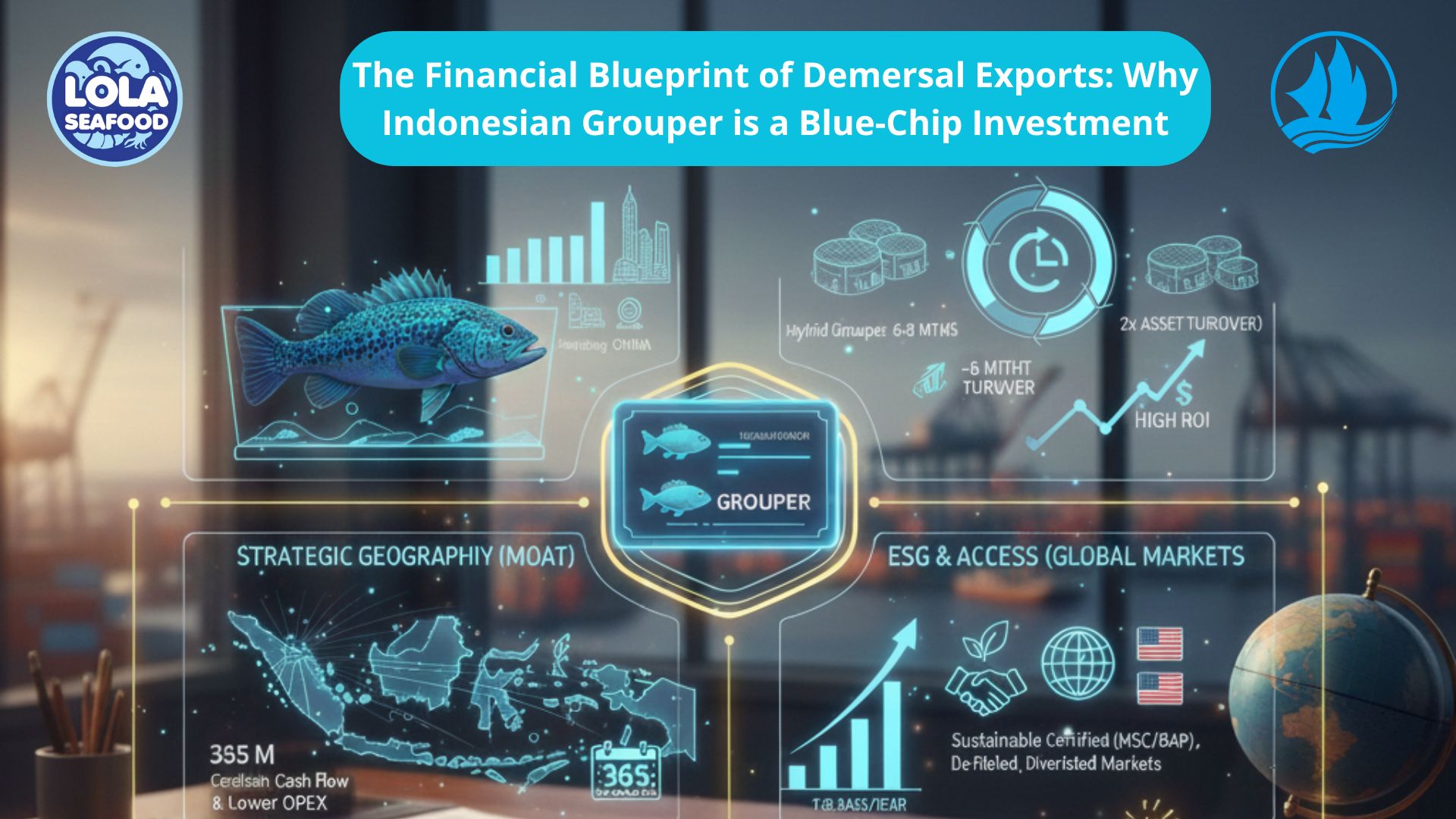Indonesia's Fisheries Potential in Facing the Global Market
By. Wiwik Rasmini - 20 Jan 2025
kelolalaut.com Indonesia, the world's largest archipelagic state, possesses abundant marine resources that position it as a global leader in the fisheries sector. With over 17,000 islands and a coastline stretching more than 81,000 kilometers, Indonesia's exclusive economic zone (EEZ) covers vast waters teeming with diverse aquatic species. This unparalleled marine biodiversity offers the country immense potential to thrive in the global fisheries market.
Rich Marine Resources
Indonesia’s waters are home to a variety of fish species, including tuna, mackerel, shrimp, and grouper, which are highly sought after in international markets. The annual potential sustainable yield of Indonesia's fisheries sector is estimated at 12.5 million tons, making it one of the largest producers of fish and seafood globally. Furthermore, Indonesia is a top exporter of tuna and shrimp, contributing significantly to its foreign exchange earnings.
Global Demand for Seafood
The global demand for seafood has been steadily increasing due to growing awareness of its health benefits. Markets such as the United States, the European Union, and Japan have shown consistent demand for high-quality, sustainable seafood products. This trend provides Indonesia with a unique opportunity to expand its market share by meeting international standards for quality, safety, and sustainability.
Challenges in Competing Globally
Despite its vast potential, Indonesia faces several challenges in competing in the global market. These include:
- Illegal, Unreported, and Unregulated (IUU) Fishing: IUU fishing activities not only deplete fish stocks but also tarnish Indonesia's reputation in the global market.
- Infrastructure Gaps: Limited cold storage facilities, inadequate transportation networks, and inefficient logistics systems hinder the seamless export of seafood.
- Quality Standards Compliance: Meeting the stringent quality and sustainability standards imposed by major importing countries requires significant investment in technology and training.
Government Initiatives and Opportunities
The Indonesian government has taken several steps to address these challenges. Policies such as the eradication of IUU fishing, the development of integrated fishing ports, and the promotion of sustainable aquaculture practices have been implemented to strengthen the sector. Additionally, Indonesia is investing in research and development to improve fish farming technologies and enhance the value of processed seafood products.
Moreover, international partnerships and trade agreements offer Indonesia a platform to increase its global presence. For instance, participating in initiatives such as the Marine Stewardship Council (MSC) certification can help Indonesian fisheries gain a competitive edge by assuring consumers of the sustainability of their products.
The Way Forward
To fully harness its potential, Indonesia must prioritize sustainable practices, modernize its fisheries infrastructure, and strengthen its human resource capacity. Collaboration between the government, private sector, and international stakeholders is essential to ensure the sustainable development of the industry. By addressing existing challenges and leveraging its strengths, Indonesia has the potential to become a dominant force in the global seafood market.
if you are interested in our barramundi whole round / whole gilled gutted scaled, barramundi fillet skin on, barramundi fillet skinless and barramundi fillet portion cut please do not hesitate to contact us through email and/or whatsapp
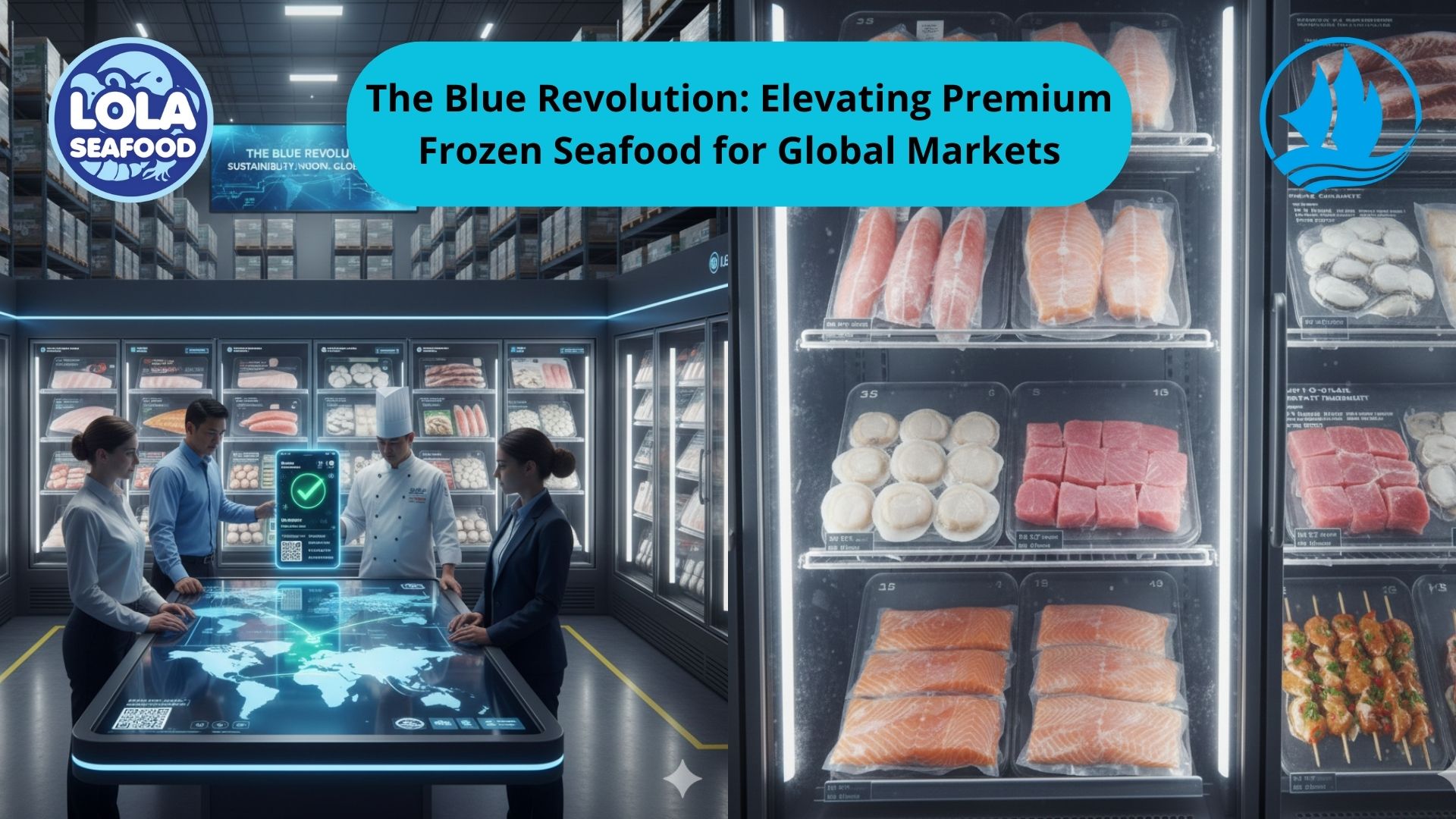

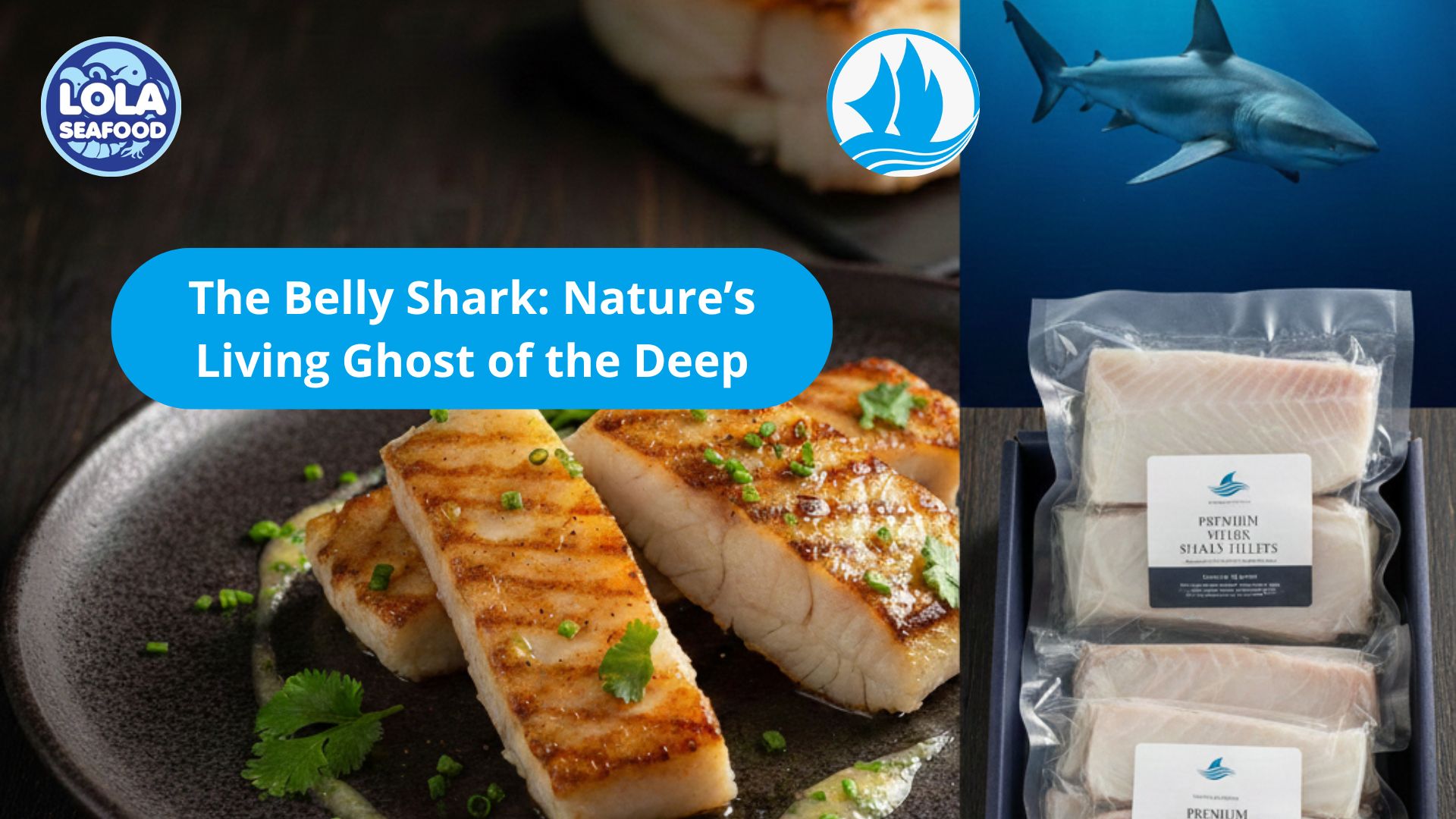
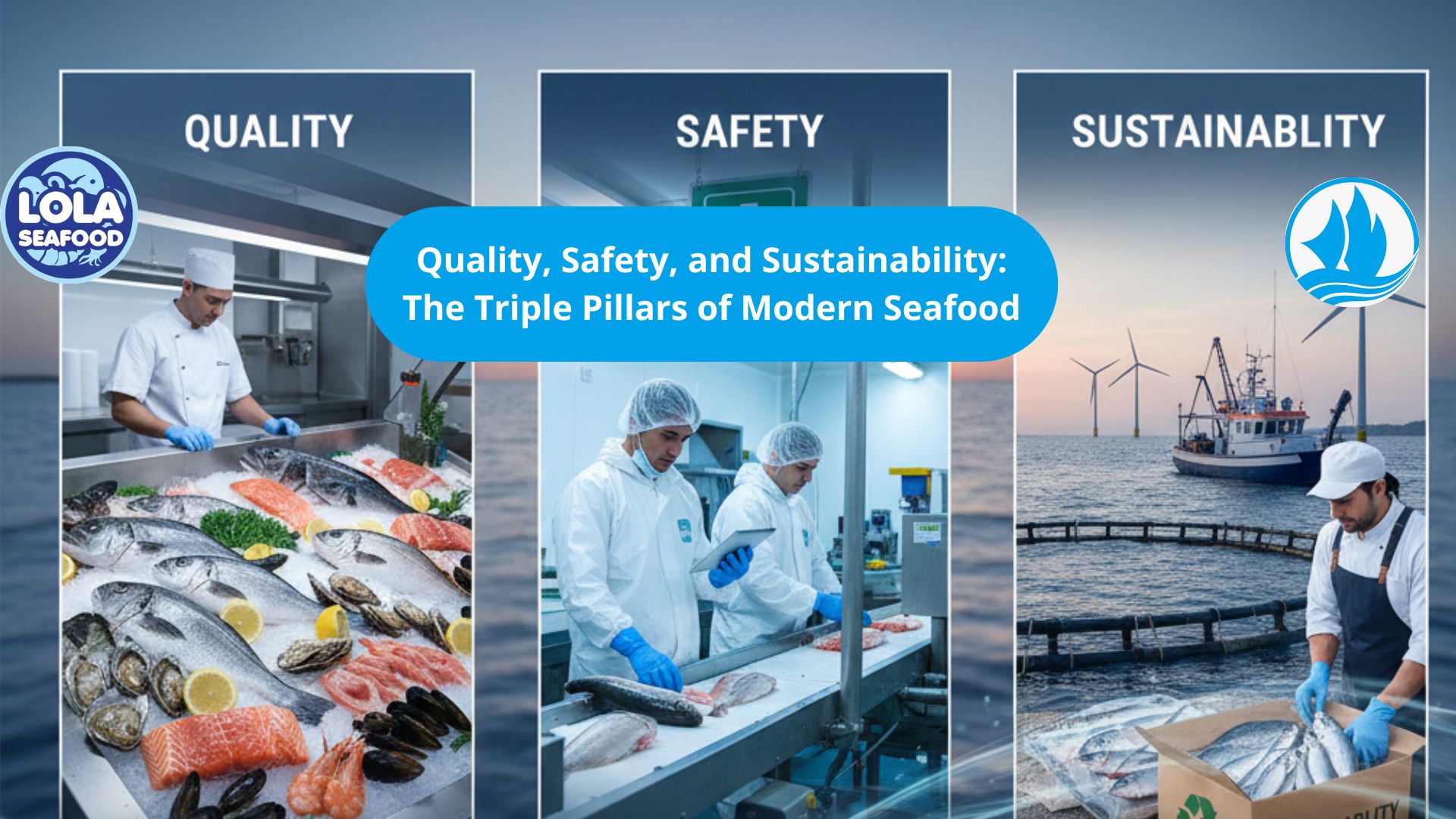
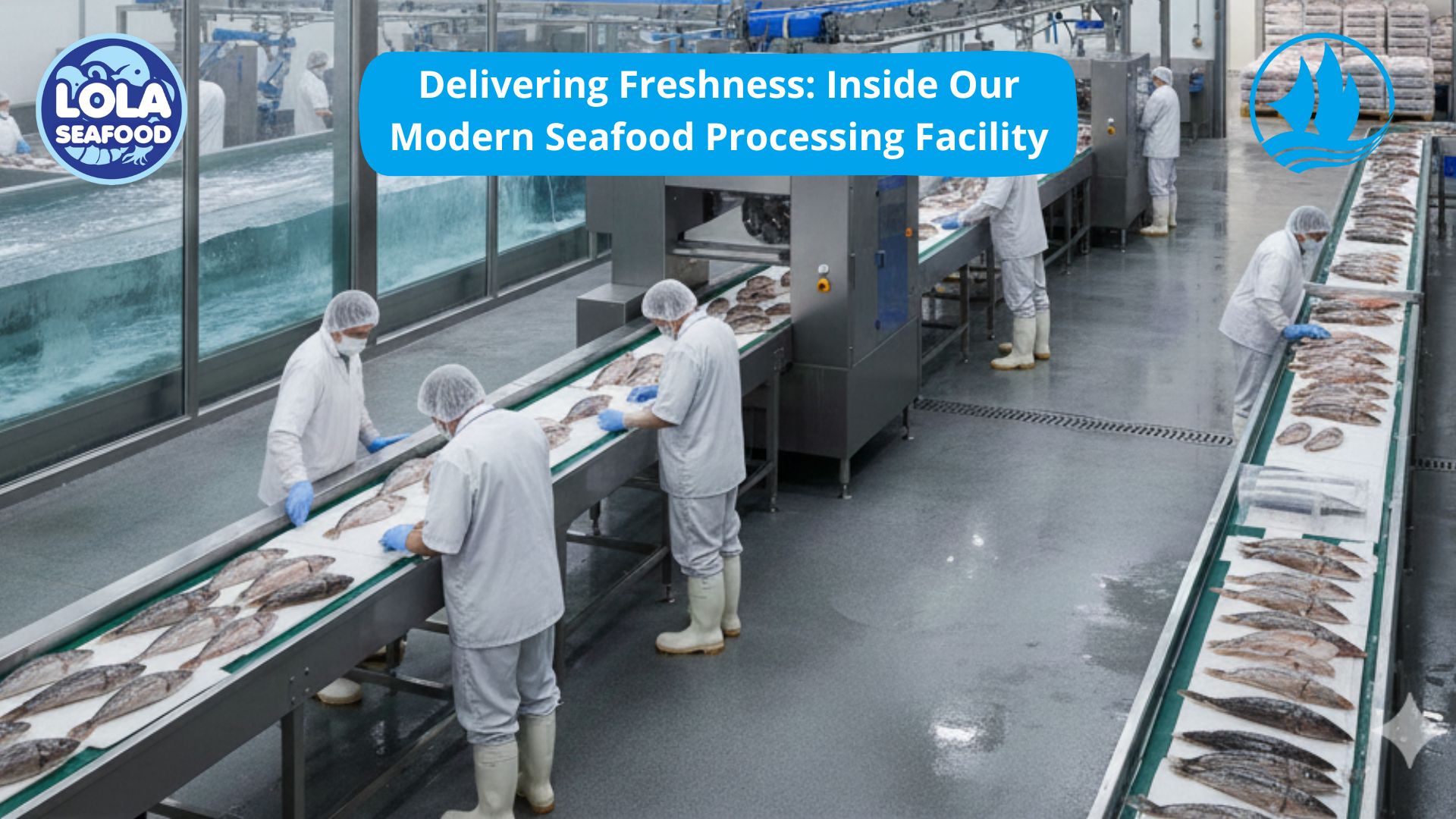
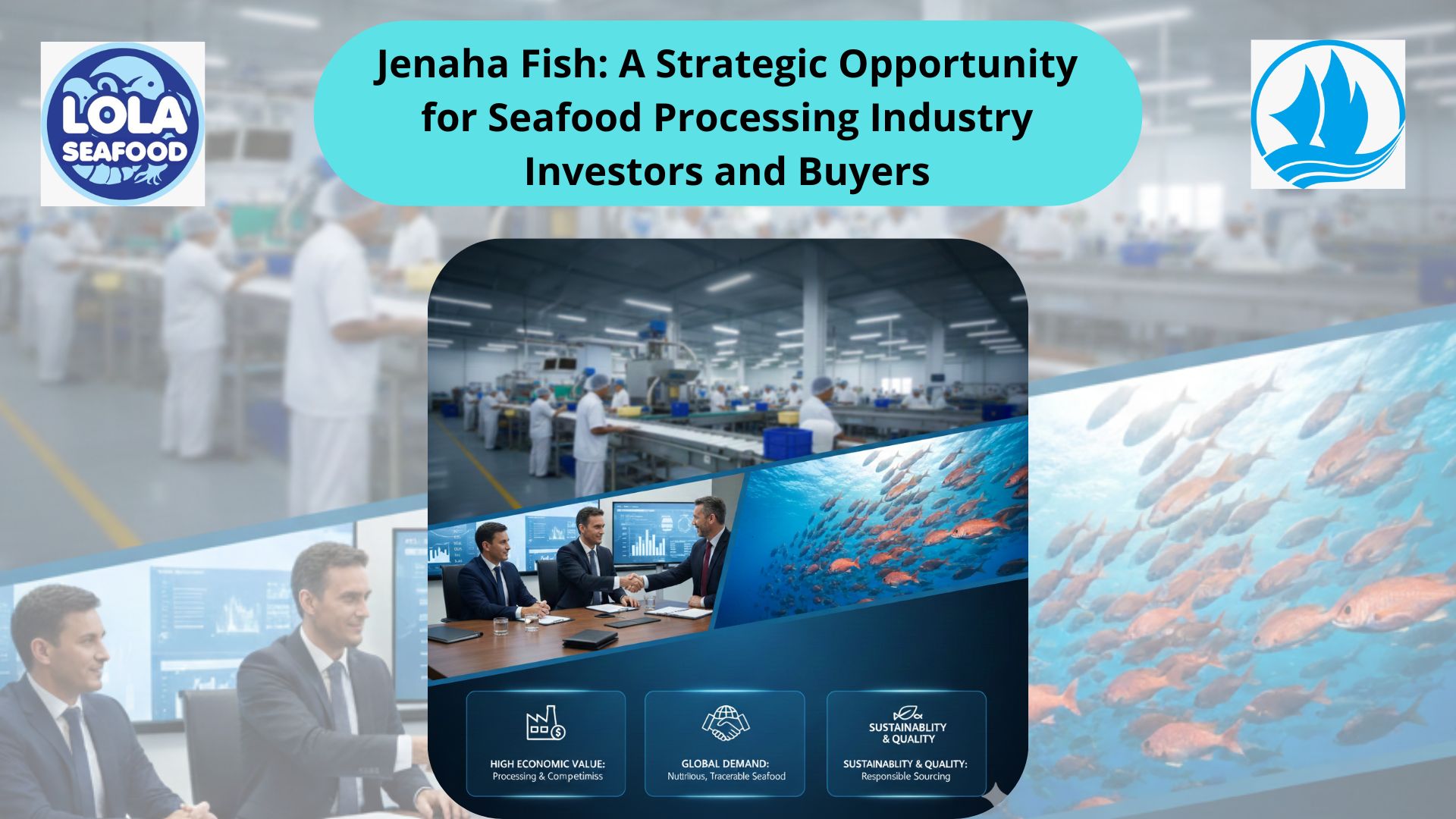
.jpg)
